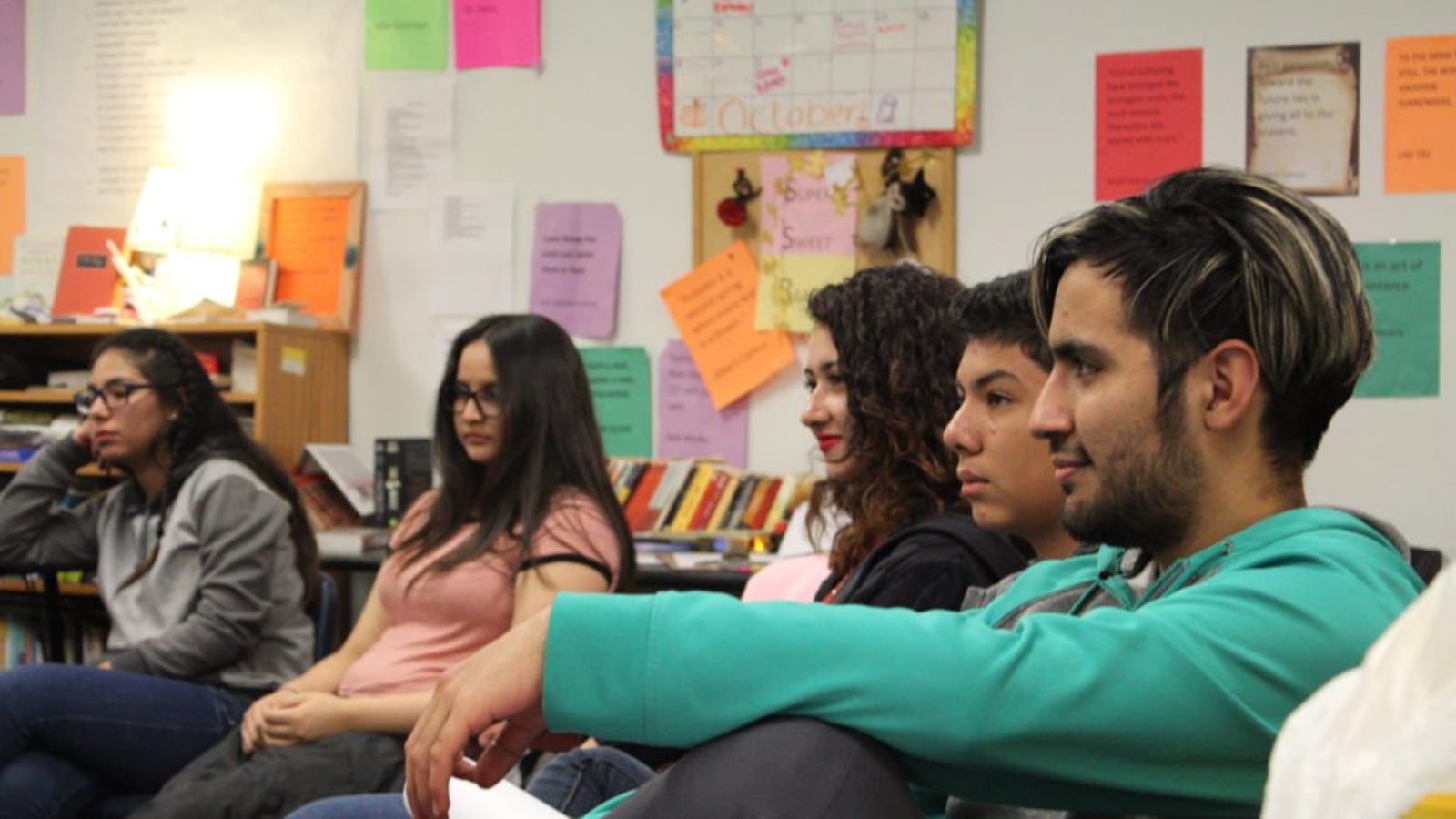Charter schools authorized at the state level by the Charter School Institute are likely to get more money in the 2018-19 budget year. That’s one year before most other charter schools will see benefits from last year’s charter school funding equity bill.
That bill was a major compromise out of the 2017 session, and it requires school districts to share money from voter-approved tax increases with the charter schools they’ve authorized, starting in 2019-20. The bill also created the mill levy equalization fund to distribute state money to the Charter School Institute’s 41 schools. Because no local school board approved these schools, they wouldn’t otherwise be eligible for revenue from these increases, known as mill levy overrides.
Charter School Institute administrators came calling for their money this year, though, with a request for $5.5 million from the general fund. They arrived at this number by identifying institute schools within the geographic boundaries of districts that already share some extra revenue with their local charters and assuming institute schools got a similar share.
Institute Executive Director Terry Croy Lewis called it a “first step” toward parity that would bring institute and district-authorized charter schools to the same level in advance of the new law going fully into effect in 2019. Lewis said it seemed like a fair approach because the parents at institute-authorized schools often live within the geographic boundary and pay taxes at the same rates as parents whose children go to traditional schools or district-authorized charters.
However, the charter equity bill says that extra money for institute schools has to be distributed on an equal per-pupil basis. The original approach, which created more equity among schools in the same geographic boundary, created more disparities among institute schools in different regions – and the law might not have allowed it.
“I don’t think you can define equity in this conversation because equity cuts a lot of different ways,” said state Sen. Dominick Moreno, a Commerce City Democrat and member of the Joint Budget Committee.
Budget analyst Craig Harper suggested to the Joint Budget Committee that separate legislation might be necessary to allow the distribution proposed by the Charter School Institute, something no lawmakers wanted to see after the bruising fight over the charter school equity bill.
Instead, the Charter School Institute revised its proposal to distribute the money among its schools on a per-pupil basis, regardless of geography and whether the local district already shares money.
What sort of difference does this make?
In the first distribution scenario, Early College of Arvada, located in the Westminster district, would have gotten nothing – because Westminster doesn’t currently share money with its own charters. Under the new proposal, the school would get $131,233 based on its pupil count. Meanwhile, Colorado Early College – Fort Collins, which would have gotten $621,357 because the Poudre district already shares money, would instead get just $374,952
Lingering confusion over the distribution question led JBC members to postpone a decision several times before they voted 4-2 this week to include the $5.5 million request in the 2018-19 budget.
It still has to survive the extended battle over the budget that takes place in the full House and Senate each year.


